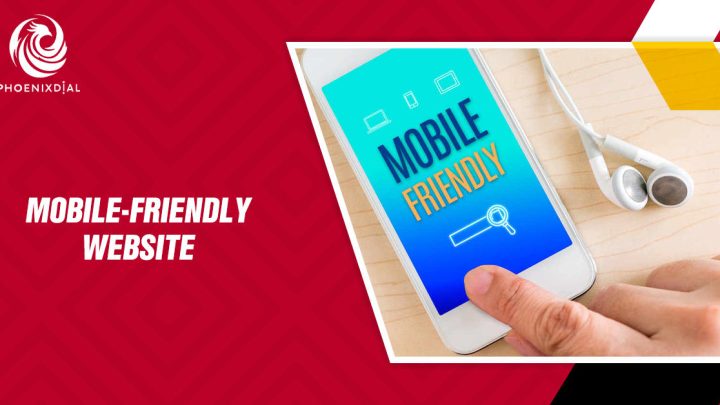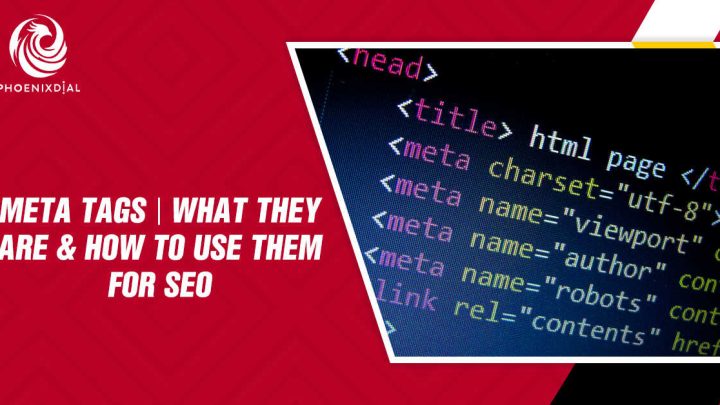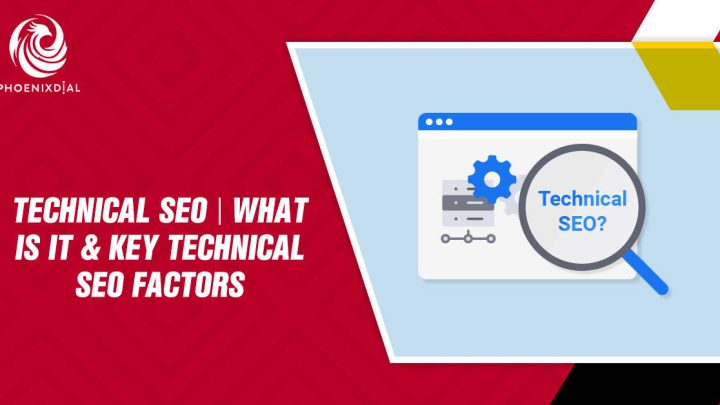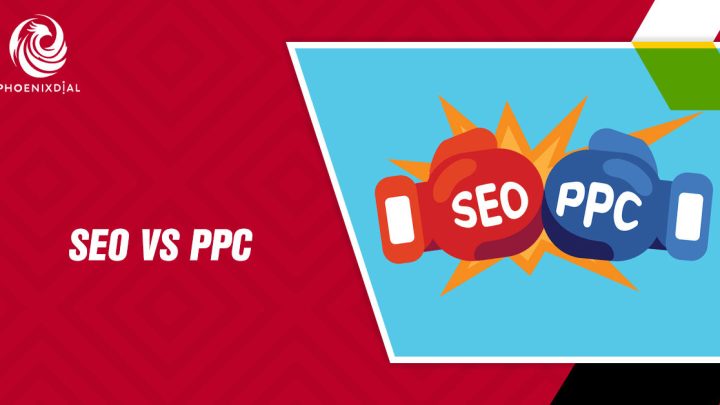Mobile Friendly Website | Why It Matters for Your Business
Mobile Friendly Website | Why It Matters for Your Business Published August 28, 2025 Get A Free Quote Have you ever visited your own website on your phone and said, “Why doesn’t this look right?” You’re not the only one—many business owners remark that their websites are great on a computer but cluttered and difficult to navigate on a mobile. Without a mobile-friendly website, users face annoying issues like overlapping words, teeny tiny buttons that are hard to tap, wobbly menus that won’t come out, or slow-loading pictures. These small annoyances have a tremendous effect. When users can’t navigate easily, they get annoyed, leave the site in haste, and tend to go elsewhere with a competitor. This hurts your site performance as well as your overall business success. We solve these issues for businesses at Phoenix Dial through experienced mobile-responsive website design and development. Our developers create sites that scale beautifully on any screen size—computer, tablet, or phone. We emphasize speedy loading, streamlined designs, and easy navigation so your customers have a seamless experience every time they come to you. Today, in this mobile first world we find ourselves, in this blog we’re going to look at why you need a mobile friendly website, we’re going to talk about how it can benefit your business and then provide easy steps you can use to enhance your site on the mobile. Start Growing Your Business Today Get a free, personalized quote via WhatsApp for your business. No pressure—just smart solutions tailored to your goals. WhatsApp What is a Mobile Friendly Website? Mobile friendly website is a site that performs well on any screen, particularly smartphones and tablets. It adapts its layout, images, and words so that it is easy for users to simply read and click without having to zoom or struggle with teeny buttons. Essentially, it is a website that is designed to provide visitors with the best possible experience regardless of what device they view it on. The defining feature of a mobile web design is responsiveness. This refers to the fact that the website will re-size and re-arrange content as needed to fit the screen. For instance, if you’re on a computer and you’ve got a wide menu at the top, on a phone the same menu shrinks down to a tap-button. A mobile responsive website is also concerned with speed. Mobile users will be swiping more often, and therefore they need fast loading times. Compression of images, clean code, and getting rid of bulky stuff are all considerations for having a speedy and flowing site on mobile. Another feature is easy navigation. Buttons, links, and forms are designed to be simple to tap with a finger, not just a mouse. Text is kept large enough to read comfortably without zooming. Pop-ups are minimized because they can block the screen on mobile and frustrate users. Why Mobile Friendly Website is Important for Your Business A mobile friendly website is no longer optional—it’s a must for every business. Individuals spend more time on their phones than they do on a computer. They search, shop, and book services every day on their mobile device. If your site is not optimized for mobile, you will lose these customers because they won’t linger on a slow and difficult-to-use site. Search engines are also humongous in this respect. Google favors mobile-friendly websites in search rankings, so if your website is not quite phone-friendly, then it might not appear as high in searches. This has a direct impact on your visibility, your website traffic, and consequently your sales. An optimized mobile website also instills trust. When customers view a clean, tidy website on their mobiles, they feel more trusting towards your firm. But when they notice teeny-weeny text, complicated menus, or broken layouts with effort, they might wonder about your brand’s trustworthiness. Ultimately, a mobile-friendly web design translates into an improved overall user experience. It allows for the fact that regardless of what device a person is using, they can effortlessly find what they’re looking for, easily read information, and act without frustration. An effortless mobile experience tends to turn customers into repeat customers. Benefits of Mobile Friendly Website A mobile friendly website brings several powerful advantages to any business. It’s not so much a matter of the design being pretty; it’s a matter of how easily your customers navigate your site and how kindly search engines treat it. With most people now surfing with their phones, the advantages of a mobile-optimized site literally make or break your success and growth. These are the main advantages spelled out in easy-to-understand terms: Better User Experience A mobile-friendly website design makes your site easy to navigate on any device, be it a phone, tablet, or computer. The text can be read easily without zooming, buttons can be tapped with ease, and menus can be navigated without getting confused. When users enjoy themselves, they spend more time, and this makes them more likely to come back. A good mobile experience is what keeps your users interested and active. Higher Conversions If your website is easy to use on a phone, customers are able to act—whatever that action is, whether it’s purchasing something, making a reservation, or completing a form. It results in more conversions because customers do not drop off in mid-stream due to frustration. For instance, an ecommerce clothing website with a mobile friendly site can convert casual browsers into paying shoppers more frequently because checkout is fast and hassle-free. Improved SEO Search engines, and Google in particular, like mobile friendly websites by placing them higher in search rankings. A fast loading website that’s responsive to any screen with a great mobile experience gives Google good signals. This indicates that your website has a high probability of being visited by prospective customers looking for your products or services. Simply put, a mobile friendly website makes it easier to be found online. Brand Credibility A modern and mobile-friendly website gives your business a professional and credible…






